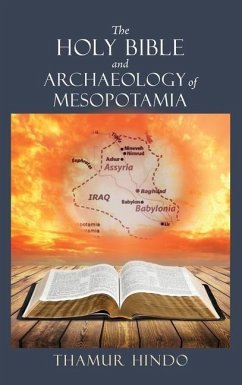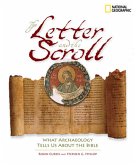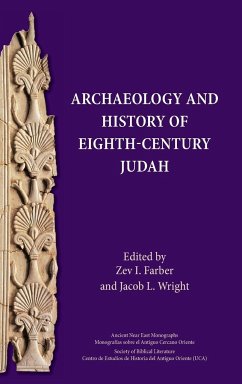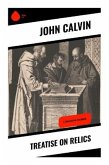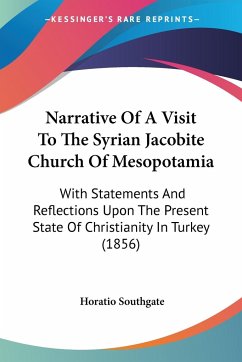The book sheds light on some Biblical texts and archaeological documents related to successive important events that took place in Mesopotamia (Greek interpretation of ancient Iraq), from the time of creation and until the return of the exiled Jews to their homeland after the fall of Babylonia at the hands of the Persians in 539 B.C. The idea of presenting the two accounts separately in the six chapters, might help to examine and assess whether God is really a God of love, and is able to preserve the dignity of the human race that He created in His image and likeness, and whether the world is stable, prosperous and carrying high moral human values due to the dedication and diligence of these inspired believers to fulfill God's will over the course of 6000 years. On the other hand, to evaluate the contents of archaeological documents extracted from Mesopotamia that reveal the natures, functions, and achievements of the goddess of creation, sky, air, waters, and storms, as well as the accomplishments of gods of Nations, Kings, and heroes of Epics and whether they can be adopted by generations as a constitution for life and inherited cultural civilization. The last chapter introduces some Biblical prophecies that have been literally fulfilled regarding the fall of Assyria and Babylonia, in addition to other prophecies recorded in the book of Revelation that are also supposed to be fulfilled at the end of ages, but not before the collapse of the city of Babylon which was announced by the second Angel in 14:8, nor before the action of the sixth Angel in 16:12, when he (poured out his bowl on the great river Euphrates, and its water was dried up to prepare the way for the kings from the East). The Author is an accredited Iraqi civil engineer, who managed and accomplished numerous building and road projects. He was appointed to complete construction projects in the heart of the archaeological site of the ancient city of Babel in the late 1980's. Being proud of the heritage and civilizations of his country that are recorded in the texts of The Holy Bible, and for those reasons, the idea began to develop into the belief that God devoted him to the diligence to produce this book. Despite the fact that the dates of some artifacts precedes the dates of any written text in The Holy Bible, acknowledging that the amount of documents extracted from the Land of Mesopotamia, which is very modest in relation to the enormous volume of information in the contents of The Holy Bible that does not decrease, increase, or change. As matter of fact, The Holy Bible remains as the main source for the success of the archaeological exploration projects, that's the reason why the title of the book begins with "The Holy Bible". The Author presents various opinions selected from some publications that show the multiplicity of assumptions regarding successive topics related to each other. In the absence of concrete evidences and to reach a single conclusion; the remaining possibility is to adhere to one hypothesis or find a suitable new one that corresponds to the sequence of events that took place in Mesopotamia. For instance: The Creation, The existence of the four rivers branching from Garden of Eden (Genesis 2:10), The reality of the flood which was confirmed by the epic of Gilgamesh, Nimrod is not a sinister but a builder, king blessed of God (Genesis 10:9-10), and Abraham crossed the Euphrates River once, not three or four times! (Joshua 24:3)
Hinweis: Dieser Artikel kann nur an eine deutsche Lieferadresse ausgeliefert werden.
Hinweis: Dieser Artikel kann nur an eine deutsche Lieferadresse ausgeliefert werden.

